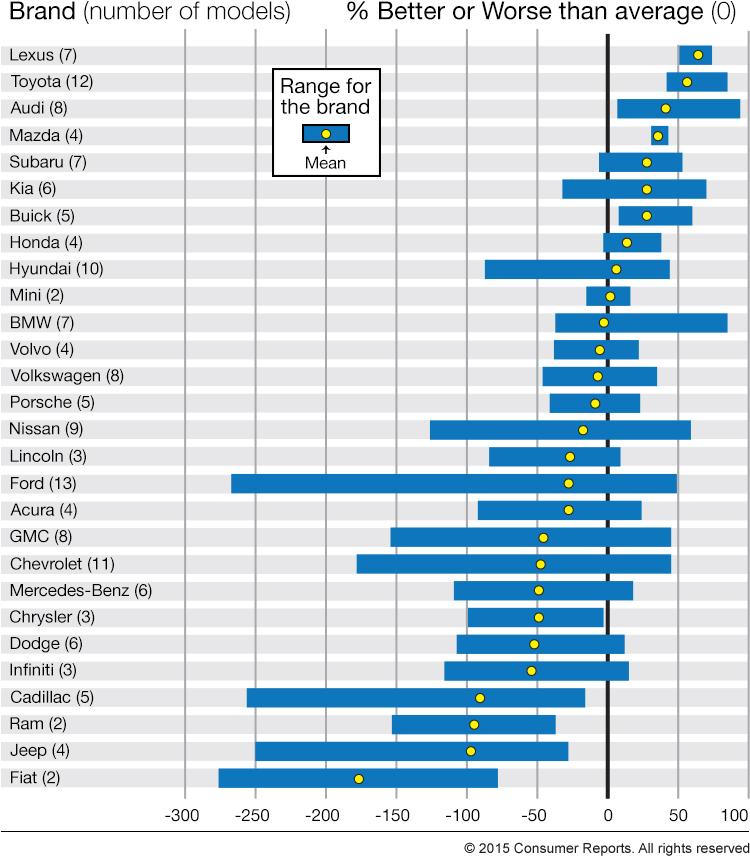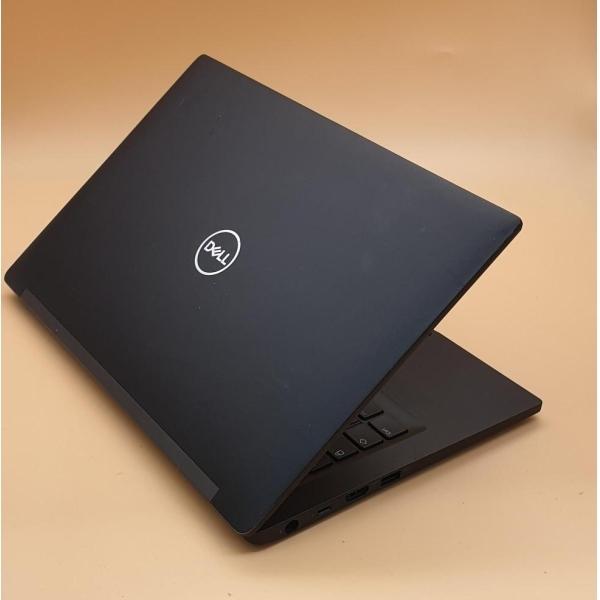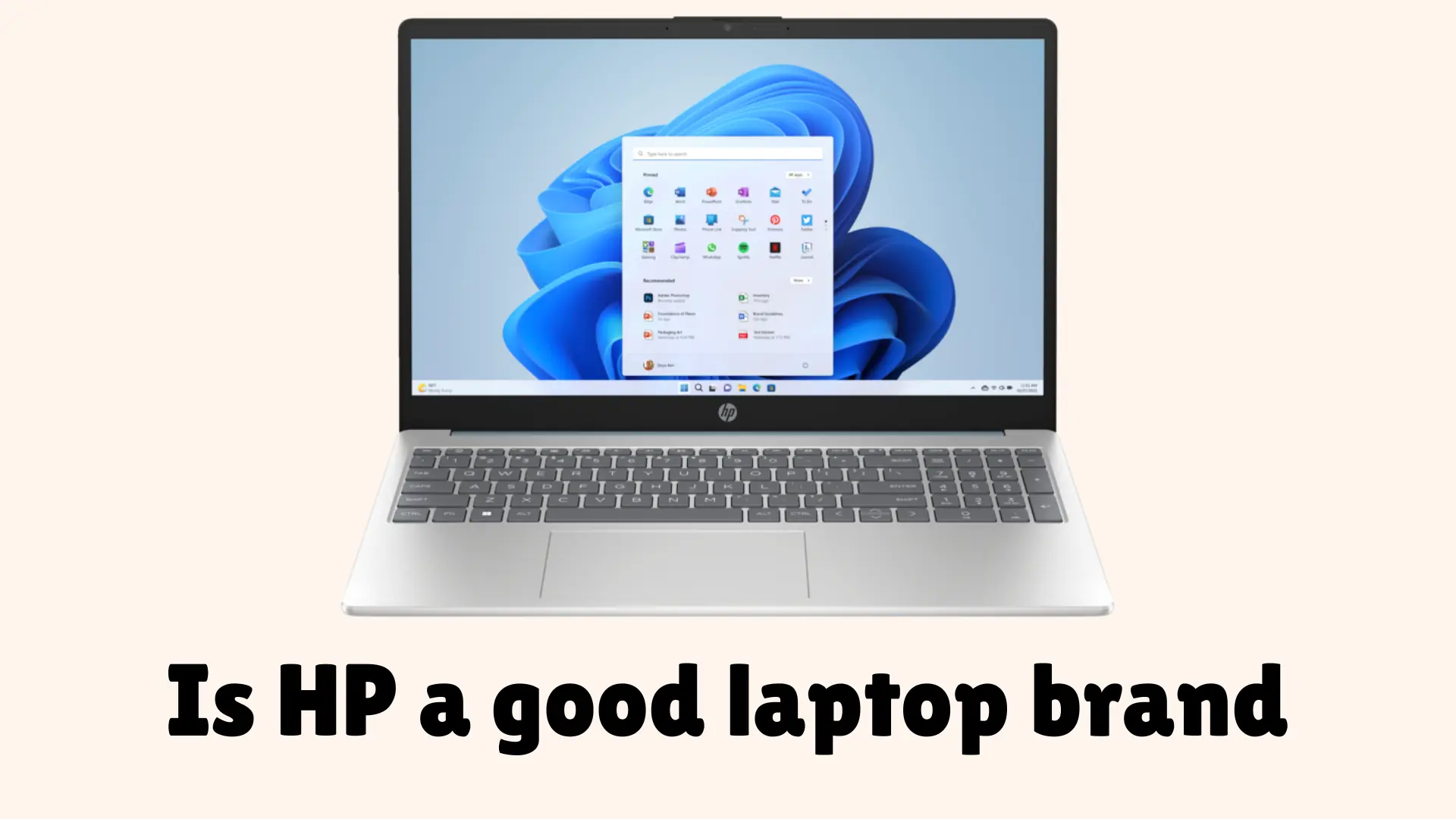The gladiatorial arena of personal computing isn’t paved with sand,but with silicon. And rather of swords and shields,the combatants wield power cords and pre-installed software. Tonight, we have two titans stepping onto that digital battlefield, ready to rumble for your hard-earned dollars: Dell and HP. For years they’ve jostled for position, trading blows in innovation, price points, and public perception. But which brand truly reigns supreme? Which king of the keyboards offers the superior experience? Forget cheering crowds; we’re here to dissect, analyze, and ultimately, determine which of these tech behemoths deserves your unwavering “add to cart” loyalty. Prepare for a deep dive into the Dell vs. HP debate – may the best computer win.
Performance Powerhouses: A Deep Dive into Processing and Speed
When the digital rubber meets the road, the processor and memory bandwidth dictate just how far and fast your laptop or desktop can truly go. So, when comparing Dell and HP, understanding their approaches to equipping their machines with the engines that power our productivity is crucial. It’s not just about the brand badge; it’s about the silicon nestled within and how it’s optimized for the workload.
Dell often leans towards a customizable component strategy, allowing users to tailor their CPU and RAM configurations across various models. this provides flexibility, catering to budget-conscious consumers seeking reliable everyday performance and also professionals demanding workstation-grade horsepower. Conversely,HP sometimes integrates specialized hardware,possibly offering a sharper focus on particular tasks,like graphic design or video editing. Their Z series, for example, is traditionally aimed at dominating professional content creation.
Beyond the core components, the synergy between hardware and software optimization plays a significant role.Dell,known for it’s robust driver support and well-maintained firmware,tends to provide a stable platform for maximizing processor potential. HP often complements its hardware with proprietary software aimed at enhancing performance, such as specific tools for power management and resource allocation.The better approach often depends on user preference and specific software needs:
- Dell: Broad range of options, customizable configurations, stable drivers.
- HP: Focused solutions, specialized hardware, supporting software.
To illustrate the performance difference at various price points, consider these simplified examples:
| Scenario | Dell (Example Model) | HP (Example Model) |
|---|---|---|
| Casual Use | Inspiron: Smooth web browsing | Pavilion: Quick app loading |
| Gaming | Alienware: High FPS, dedicated cooling | Omen: Stylish design, good framerates |
| Content Creation | Precision: Powerful workstation, certified software | ZBook: Mobile workstation, color accuracy |
Ultimately, determining which brand is “better” regarding processing and speed requires evaluating the specific models under consideration, the intended usage scenarios, and the user’s individual preferences for customization versus optimized pre-built configurations.

Design Dynamics: Aesthetics, Build Quality, and Ergonomic Edges
Here’s the heart of the matter: how do Dell and HP *feel*? Forget raw specs for a moment, and let’s dive into the sensory experience. Dell, often lauded for its minimalist approach, frequently presents clean lines and understated elegance, especially in their XPS and latitude lines. HP, conversely, tends to be a bit more adventurous, sometimes bordering on flamboyant, particularly within their Spectre and Envy series. This difference in aesthetic beliefs dictates material choices, color palettes, and overall visual impact, ultimately shaping your perception and interaction with the device. But a pretty face is pointless if it can’t withstand the rigors of daily life. Let’s talk construction. Both brands offer a spectrum of build qualities, ranging from entry-level plastic chassis to premium aluminum or carbon fiber designs. Dell typically scores well in robustness, known for a solid feel and minimal flex. HP has upped its game considerably in recent years, closing the gap and offering equally durable, albeit sometimes flashier, alternatives. But the devil’s in the details: think about hinge stability, keyboard deck flex, and the likelihood of scratches and dents in the long run. Now, let’s consider how these laptops cozy up to your hands. Ergonomics are critical, especially for those marathon work sessions or late-night gaming escapades. Here’s a quick rundown of potential differences:
- Keyboard Comfort: Key travel, spacing, and tactile feedback substantially impact typing experience.
- Trackpad Precision: Smooth tracking, responsiveness, and multi-gesture support can make or break your workflow.
- Port Placement: Is it where you need it, or will you need a dongle to accommodate all devices?
- Weight and Balance: Crucial if you’re constantly on the move.
To illustrate the point, consider a hypothetical comparison of specific models:
| Feature | Dell Model X | HP Model Y |
|---|---|---|
| Material | Aluminum | Magnesium Alloy |
| Keyboard Feel | Clicky | Soft |
| Weight | 3 lbs | 3.2 lbs |
Ultimately,declaring a definitive winner in aesthetics,build,and ergonomics boils down to subjective preference and intended usage. Dell and HP each offer compelling options within their respective design languages. One might favor the understated reliability of a Dell XPS, while another might gravitate toward the stylish flair of an HP Spectre. The best approach? Get your hands on both,if possible,before making your final judgment.
Ecosystem Exploration: Software, Peripherals, and the User Experience
Here’s the heart of the digital debate: Dell versus HP. Forget the fanboy rhetoric and sterile spec sheets for a moment. Let’s dive into the soul of the machine, beyond the GHz and GBs. Choosing between these titans isn’t just about hardware; it’s an investment into an ecosystem, a commitment to a particular brand of user experience. It’s about the subtle nuances in their respective software suites,the responsiveness of their support teams,and,crucially,how well their peripherals play with their core products. This isn’t a knockout competition; it’s a compatibility test, a harmonious blend of technology and usability. Speaking of peripherals, consider this: Dell often boasts a streamlined approach, leaning heavily towards Dell-branded mice, keyboards, and monitors that offer seamless integration and driver support. While convenient, this can limit choice. HP, conversely, tends to be more open, readily embracing third-party peripherals. This provides flexibility, allowing users to curate their ideal setup from a broader spectrum of options. Which approach reigns supreme depends entirely on individual preference – are you seeking simplified synergy or a diverse digital playground? But what would be a fair comparison? Perhaps table below would help.
| Feature | Dell | HP |
|---|---|---|
| Peripheral Focus | brand Synergy | Open Ecosystem |
| customization | Limited | Extensive |
| Support Model | Integrated | Varied |
Delving deeper, their pre-installed software reveals a engaging contrast.Dell can be argued as cleaner, less burdened with bloatware, offering a relatively streamlined out-of-box experience. HP, while frequently criticized for pre-installed applications, often bundles useful utilities and security software that can appeal to less tech-savvy users, providing a protective bubble, even if perceived as intrusive by some. It’s a tightrope walk between providing value and overwhelming the user, and both brands constantly strive to strike the perfect balance – a balance that’s continually shifting with each new software release.The true winner of a battle between Dell’s SupportAssist vs HP’s support Assistant often depends on individual tolerance for pre-installed software, and the need for automated support. Ultimately, the “better” choice hinges on your needs. Are you a content creator craving expansive displays and custom keyboard setups? Then HP’s openness might be your champion. For a user prioritizing a streamlined, reliable, and consistently branded experience, dell could very well be the better choice. Both brands offer extraordinary machines, powerful performance, and varying degrees of user immersion. The decision hinges on discovering which path resonates with your personal workflows and digital aspirations.
Budget Battles: Finding the Sweet Spot Between Cost and Capability
Here’s some content for your post section, designed to spark conversation and provide useful insights:
The digital arena is a complex world, often leaving us stuck between a rock and a hard place with our budget and technological demands. You need reliable workstations for your team, but staring down the barrel of hefty price tags can send shivers down any business owner’s spine. Let’s face it: When your pockets are tight, the question of ”Is Dell or HP better?” becomes less about brand loyalty and more about cold, hard numbers and tangible benefits. The “sweet spot” isn’t just about finding something cheap, it’s about maximizing your return on investment, and that takes a deep dive into the specifics.
both Dell and HP have built empires on offering a wide spectrum of products, from entry-level laptops for basic tasks to powerhouse desktops for demanding creative professionals. This vast selection,while advantageous,can also be overwhelming. Consider these critical battlegrounds when making a decision:
- Performance and Customization: Do you need the raw processing power of a Xeon processor, or will a Ryzen chip suffice? both brands offer highly configurable solutions, but examining their specific offerings within your budget is crucial.
- Reliability and Support: A machine that constantly breaks down is a budget black hole. Research reliability reports and compare warranty options carefully. Better support can be a lifesaver.
- Ecosystem and Integration: Do you already have a fleet of Dell monitors or HP printers? Sticking with a consistent ecosystem can simplify management and potentially unlock bulk discounts, a definite win during hard times.
Often, the deciding factor boils down to the specific models and current deals available. A seemingly “superior” brand might be offering a significantly more competitive price on a similar configuration. always compare apples to apples (or, perhaps more accurately, i7s to i7s) while keeping a close eye on promotional offers. Here’s a *very* simplified comparison:
| Feature | Pros of one brand* | Cons of one brand* |
|---|---|---|
| Price | *Depends on model and promo*. | *Depends on model and promo*. |
| Support | Next business day on-site (certain plans). | Can be slow to resolve complex issues. |
| Build Quality | Durable business-class laptops. | Entry-level models can feel flimsy. |
*This table is based on generic observations and will drastically vary. Please research your specific model to get an accurate comparison.
there’s no universal “winner”. The “best” choice hinges entirely on your unique needs, available budget, and tolerance for risk. Don’t get caught up in brand hype. Diligent research, meticulous comparison, and a clear understanding of your team’s workflow are the keys to navigating this challenge and coming out on top, armed with technology that empowers your business without breaking the bank. Instead of seeking a brand, seek the best “fit for purpose” equipment for your daily work requirements.

Support Showdown: Reliability, Warranty, and Customer Care Compared
When your tech falters, a solid support system is your lifeline. Dell and HP both boast extensive support infrastructures, but the devil’s in the details. Let’s dissect how they stack up concerning reliability (because prevention is better than cure), warranty offerings, and the all-significant customer care experience.Think of it as your IT emergency preparedness guide.
Reliability is a complex beast. While both brands produce generally dependable hardware, individual experiences can vary wildly. Some swear by dell’s robust enterprise-grade machines, while others find HP’s consumer laptops more resilient. Online forums are a battleground of anecdotal evidence, making it hard to pin down a definitive winner. Though, examining industry reports and failure rate statistics can shed some light:
| Brand | Average Failure Rate (Year 1) | Customer Satisfaction Score |
|---|---|---|
| dell | 2.5% | 7.8/10 |
| HP | 3.1% | 7.5/10 |
Warranty coverage is where the manufacturers put their money where their mouth is. Standard warranties often cover basic hardware defects for a year or two, but extended warranties offer peace of mind with longer coverage periods and sometimes include accidental damage protection. Both Dell and HP provide a range of warranty options, from basic mail-in service to on-site repairs. Dell’s ProSupport and HP’s Care Packs are popular choices for businesses seeking premium support. Key considerations include the duration of coverage, response times, and whether on-site service is included.
customer care can make or break the entire experience. A glitchy laptop is frustrating enough, but being stuck on hold with unresponsive support staff can send your blood pressure through the roof. Both dell and HP offer multiple channels for support, including phone, email, and online chat. Though,the quality of service can vary significantly. Dell is often praised for its learned technicians, while HP is sometimes criticized for lengthy wait times and inconsistent service. Here are some areas to think about when choosing the right support plan:
- Phone Support Availability
- Online Chat responsiveness
- Self-Help Resources (knowledge base, FAQs)
- Technician Expertise

The Verdict: Tailoring Your Choice to Unique Needs and Priorities
Ultimately, declaring a definitive “winner” between Dell and HP is like trying to crown the best flavor of ice cream – it depends entirely on individual preferences! Both tech giants offer compelling options, but their strengths lie in different arenas.Identifying your specific needs and priorities is the compass that will guide you to the right choice.
Consider the following factors as you embark on your quest for the perfect machine:
- Budget constraints: Are you looking for the moast bang for your buck, or are you willing to invest in premium features?
- Intended use: Will you be primarily browsing the web and writng emails, or engaging in resource-intensive tasks like video editing and gaming?
- Portability vs. Power: Do you prioritize a featherlight laptop for on-the-go productivity, or a robust workstation for demanding projects?
- Ecosystem Integration: Do you already heavily invested in one company’s software or cloud services?
- Aesthetics & Build quality: Do design and premium materials matter to you?
To better illustrate the nuances, let’s consider how these factors can influence your decision based on hypothetical user profiles:
| User Profile | Priority | Likely Choice |
|---|---|---|
| Student on a Budget | Affordability, reliability for coursework | Dell Inspiron (entry-level) |
| creative Professional | Powerful performance, color-accurate display | HP Envy / Spectre (premium) |
| Business Traveler | Lightweight design, long battery life | Dell XPS 13 |
| gamer | High-end graphics, fast refresh rates | HP Omen / Dell Alienware |
Before arriving at your decision, it is prudent to investigate the service & support available from both brands. Dell enjoys a reputation for responsive technical support with a global presence. Simultaneously occurring, HP has a solid service offering, frequently enough providing extended warranties and on-site repair services depending on the product tier and location.
Only by carefully evaluating your specific requirements and comparing them against the strengths of each brand can you make an informed decision and secure the perfect technological companion for your endeavors.
To Conclude
So, the verdict? There’s no single, definitive champion in the Dell vs. HP arena. The “better” choice is a reflection of you. It’s about dissecting your needs, scrutinizing your budget, and aligning your ambitions with the machine that will best empower them. Whether it’s the rugged dependability and customization prowess of Dell, or the stylish innovation and pre-built brilliance often found in HP, the power is in your hands (and hopefully, soon, on your desk). Now go forth, research with passion, and choose wisely. May your pixels be plenty, your connectivity strong, and your computing experience utterly, wonderfully, yours.
